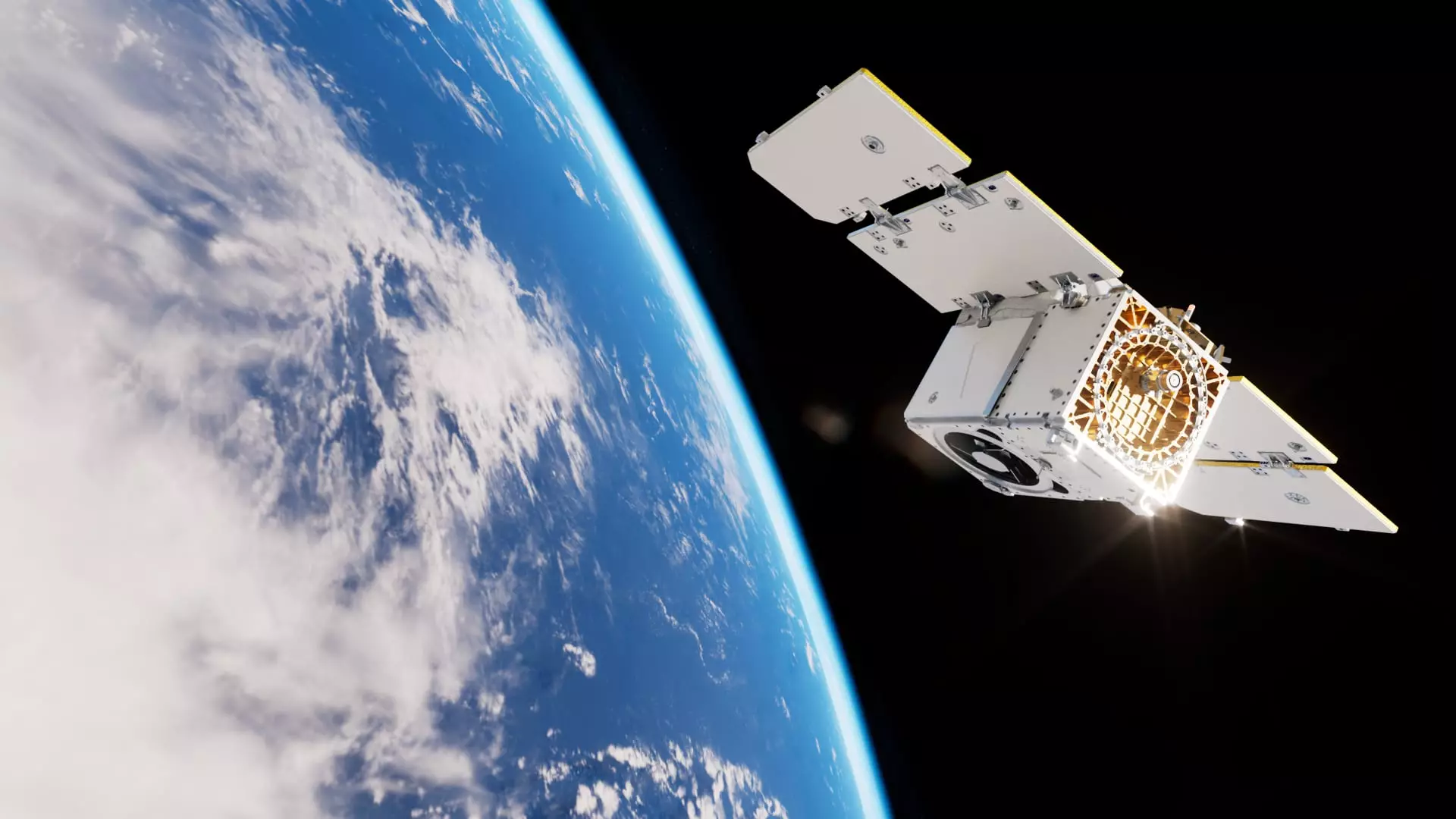In a notable development that reflects a significant strategic advancement, Planet, a company utilizing satellite imagery and data analysis technology, has recently secured a monumental $230 million contract. This agreement, announced by CEO Will Marshall, marks a landmark moment for Planet as it enters a new chapter in its operations and expands its foothold in the satellite services market. The contract not only represents the largest deal in the company’s history but also underscores the growing demand for dedicated satellite services.
At the core of this partnership is Planet’s next-generation Pelican satellites, which are being developed to enhance the company’s capabilities in providing tailored satellite services. The Pelican initiative signifies a transformation from the older SkySat series, which Planet acquired from Google. The company’s ambition to deploy up to 32 Pelican satellites points to a robust vision for capturing high-quality data at an unprecedented scale. The launch of the Pelican-2 earlier this month, featuring advanced artificial intelligence technology from Nvidia, is a testament to Planet’s commitment to innovation in satellite design and functionality.
The specifics of the contract are intriguing; while the identity of the anchor customer remains undisclosed, Planet describes this entity as a long-term collaborator trusted for its operational excellence. This arrangement encompasses a two-year construction phase for the satellites, followed by a five-year operational commitment to the customer. As Marshall articulated, the customer gains directed access to the new satellites tailored to their unique geographical interests, marking a more personalized approach to satellite data procurement. Meanwhile, Planet retains the rights to license this data globally, creating a dual revenue stream.
Although this contract did not alter Planet’s financial forecasts for its fiscal fourth quarter in 2025, the implications for fiscal 2026’s balance sheet are promising. Over the next seven years, Planet will recognize revenue from both the satellite construction and the operational services, suggesting a gradual financial turnaround and stabilizing revenue flux moving forward.
This contract comes at a crucial time for Planet, which currently operates an extensive constellation of over 200 satellites. The financial backing of this deal is expected to bolster the company’s operations and accelerate its growth trajectory in the satellite services sector. Despite earlier setbacks, including missed revenue projections and staff reductions, Planet’s stock has shown remarkable resilience. Following the announcement of the contract, shares soared by approximately 14% before stabilizing around $5.46 per share, indicating positive investor sentiment surrounding the company’s future prospects.
Moreover, Marshall’s references to Planet’s previous engagements highlight a relationship-driven approach that seems pivotal to the company’s strategy. By nurturing long-standing relationships with existing customers and extending integrated service offerings through the Pelican program, Planet is strategically positioning itself to capture a larger share of the satellite services market.
However, the path ahead is not devoid of challenges. As Planet aims to capitalize on this momentum, it must navigate the complexities of scaling satellite production while ensuring quality and reliability. The satellite services landscape is increasingly competitive, requiring Planet to differentiate itself not just through advanced technology but also through exemplary service delivery.
Planet’s previous experience with the Tanager satellite product line illustrates its capacity to adapt and innovate in response to market needs. This agility will likely be pivotal in monetizing new contracts while simultaneously enhancing the database for its existing services.
Planet’s massive $230 million deal for its Pelican satellites represents a strategic inflection point for the company. Moving into the satellite services market allows Planet to leverage its tech stack and long-term customer relationships, setting the stage for potential future growth in a rapidly evolving aerospace industry. As the demand for satellite imagery and data services escalates, Planet’s journey will be one to watch closely in the coming years.


Leave a Reply